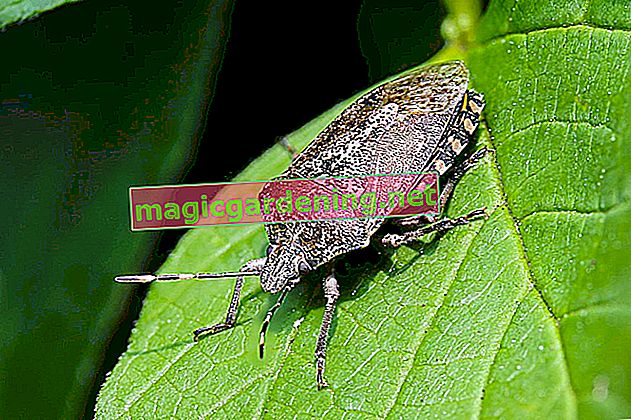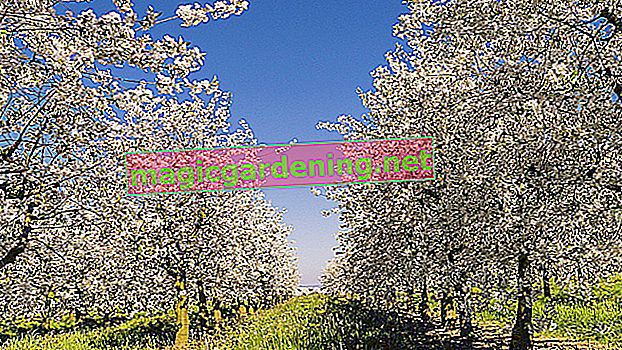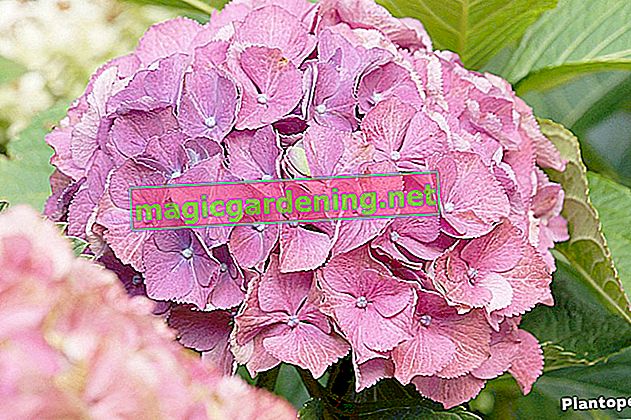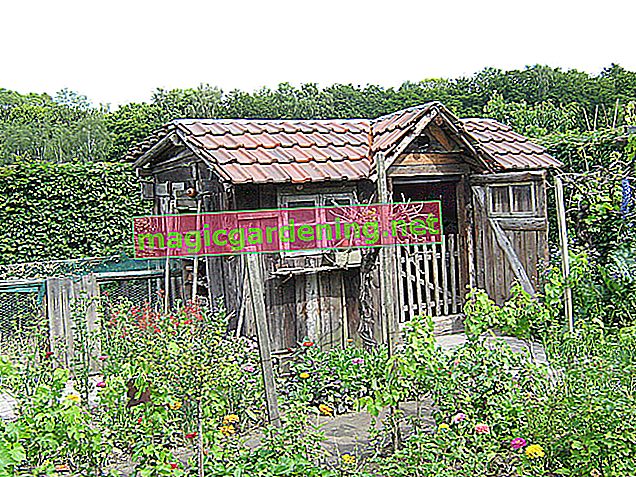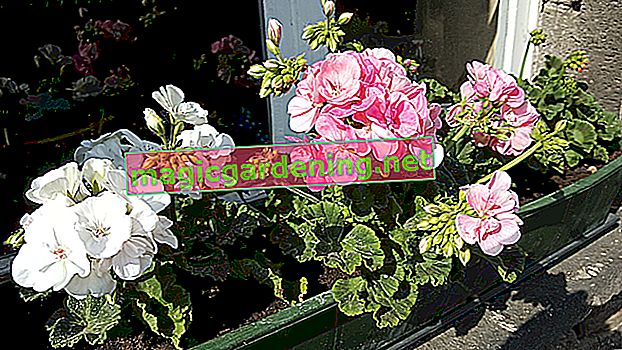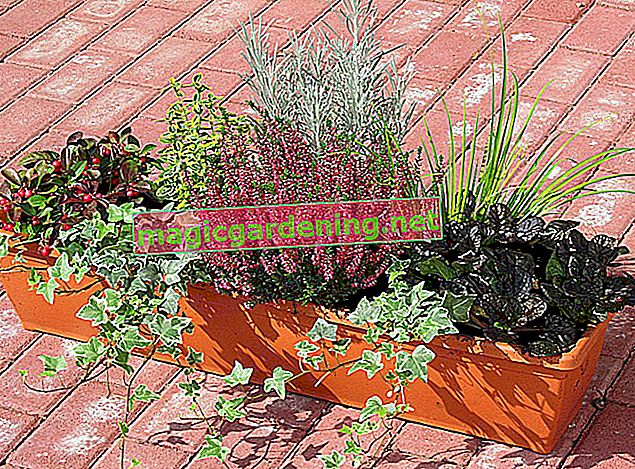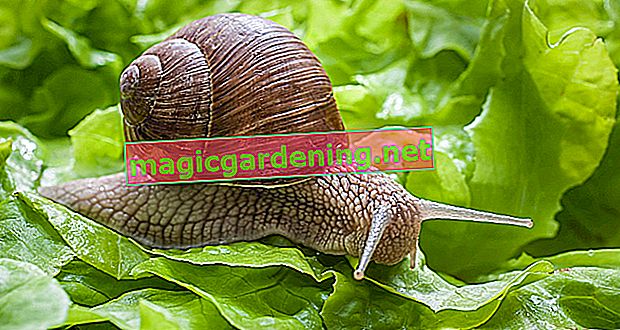
Why should you fight the balsam quickly?
Widespread throughout Germany, whether in the garden or on the banks of the river - this balsam causes a stir. Why actually?
- neophyte
- displaces native plants
- can grow rapidly (weeds)
- Seeds can germinate for many years
- is poisonous
also read
- The balsam: extremely poisonous?
- How do you fight Indian balsam?
- Four interesting balsam species
Fight before the seeds ripen
Impatiens should be combated in the spring by July at the latest. Its flowering period begins in July and the seeds have emerged shortly afterwards. This must be avoided! Once the seeds are ripe, they are soon catapulted out of the capsule fruits as projectiles and scattered in all directions.
Manual combat
The best method of controlling balsam is to pull out the entire plant. This is usually easy - especially when the soil is moist - when there are few plants. The balsam has shallow roots and the small roots are easy to remove. Tear the plant out by grabbing the lower end of the stem and pulling vigorously.
Mow or scavenge large stocks
If there are large stocks that you want to destroy, it is better to mow or scavenge the plants. Never dispose of the waste on the compost, but always in the household waste. Otherwise, the seeds will survive and later spread.
Chemical control
Chemical control of balsam is not recommended. On the one hand, the balsam is easy to remove manually and only its seeds are 'dangerous'. On the other hand, herbicides damage the environment, especially if they are used at the edge of the water and carried on by the water.
Prevent spread
Since it can sometimes take several years until the balsam has been effectively and 100% combated (the edible seeds can germinate for many years), it is advisable to prevent spread:
- do not plant near water
- do not sow in the field
- Cut before the seeds ripen
- carry out regular inspections
Tips
It has proven useful to starve the balsam. Its nutritional requirements are extremely high. Never fertilize the plant and it will eventually die.


